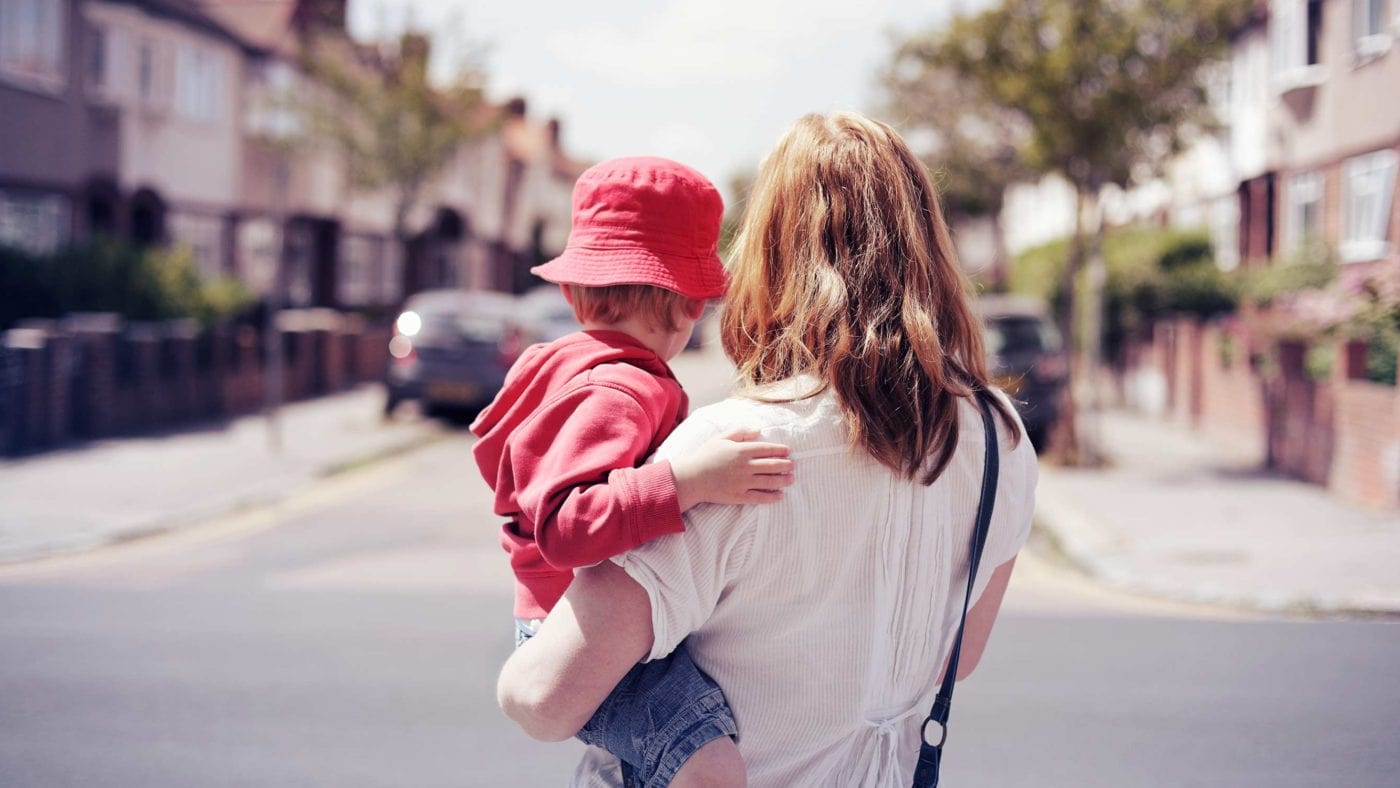Family is the bedrock of our society. It has also been an unexpected theme of the Conservative leadership contest. In Rishi Sunak’s campaign launch video he said that family is ‘everything’ to him, while Liz Truss has spoken of the need for government policy to do more to recognise and support families through the tax system.
Yet the rate of marriage is at its lowest level since records began in 1862. In the last decade, the marriage rate has slumped to less than half its previous lowest point. For the first time, more babies are now being born out of wedlock than into married families, according to the Office for National Statistics: more than 320,000 babies were born outside a marriage or civil partnership, compared to 304,000 in marriage.
Families come in all shapes and sizes, and all deserve support. But the evidence shows that having two parents at home – especially in the early years – gives a child a better start in life.
Children growing up with two parents go on to perform better at school, have improved future earnings, better mental health, and are less likely to experience the criminal justice system. Those who experience family breakdown aged 18 or younger are more than twice as likely to experience homelessness, twice as likely to be in trouble with the police or spend time in prison, and almost twice as likely to experience educational underachievement, alcoholism, and teenage pregnancy.
Tragically, half of all lone parent families are in relative income poverty, and a child with only one parent at home is twice as likely to grow up in poverty compared to children in two-parent families. Taking into consideration the social factors above with increased pressure on the welfare state, family breakdown costs the UK £52 billion per year, according to the Relationships Foundation.
There is evidence to suggest that marriage itself conveys particular benefits, too, over and above cohabitation. First of all, married couples are twice as likely to stay together as any other family type, and the children of cohabiting parents are three times more likely to see their parents split by the time they are 5. The children of married couples are therefore more likely to enjoy the benefits that family stability brings.
Among 5-10 year-olds, 6% with a diagnosed mental health disorder are married, whereas for cohabiting parents the figure is 12%. And marriage is correlated with prosperity; while only 55% of low-income couples get married, 83% of the top quintile do. Only 43% of children growing up in low-income households have married parents; among the top quintile it’s 65%.
There is an irony here: social elites, who has the journalist and author David Goodhart has demonstrated, tend to hold the most liberal social attitudes, while at the same time living very traditionally themselves. There is an awareness that separation tends to have a negative impact on children, and the divorce is bad business. No wonder marriage has been described as a “middle class secret”.
So what should the incoming government do?
Nationally representative polling conducted last month by Opinium for the Centre for Social Justice (CSJ) suggests the public knows the value of family and wants government to act. Three quarters (74%) agree that “reducing rates of family breakdown would help to tackle Britain’s long-term problems.” By two to one, the poll found public support for the statement “the next Prime Minister should announce a plan to reduce family breakdown and build stronger families.”
In our recently published manifesto for a thriving Britain, ‘Repairing our Society’, the Centre for Social Justice argues that strengthening families must be at the core of the new Government’s plan to fix Britain’s social challenges, not just its severe economic problems.
The new Prime Minister should create an Office for the Family with Cabinet-level representation, to end the paralysis on family policy caused by Whitehall’s disparate structure. We should incentivise and recognise family in the tax system by allowing couples with children to share 100% of their personal allowance, putting up to £2,500 back into parents’ pockets, and bringing Britain more into line with European (and American) norms.
Childcare should be reformed to allow parents greater choice between formal care settings and care being provided by a parent themselves, or a relative, with better support for informal – that is, family-based – caring. And Family Hubs should be rolled out nationally, providing a one-stop-shop to help families struggling with parenting, conflict, children’s health or employment.
Cutting public spending is hard. It won’t be possible to reduce the burden on taxpayers – which is at its highest level in half a century – without taking steps to address the root causes of Britain’s social challenges. Setting out a plan to promote family should be a national priority – we quite literally cannot afford to ignore it.
Click here to subscribe to our daily briefing – the best pieces from CapX and across the web.
CapX depends on the generosity of its readers. If you value what we do, please consider making a donation.


